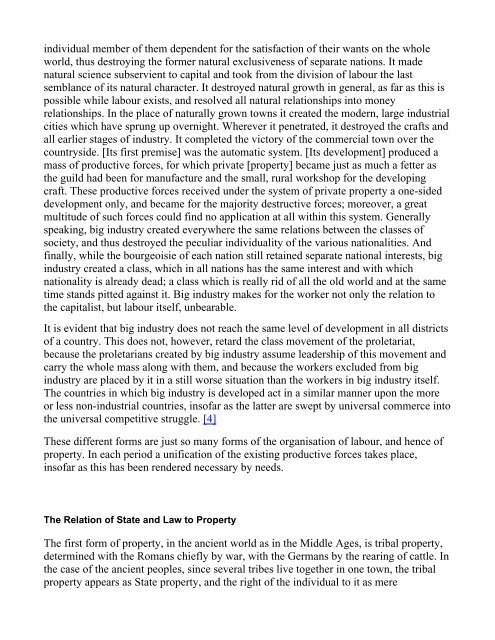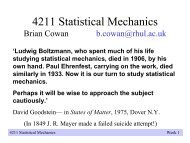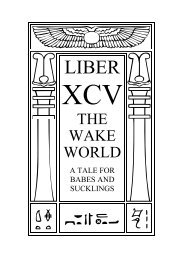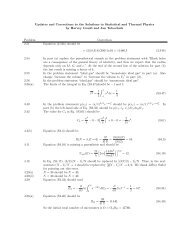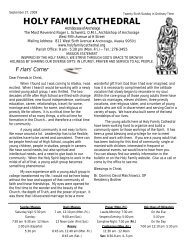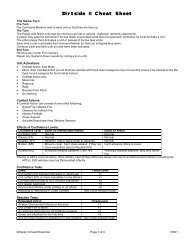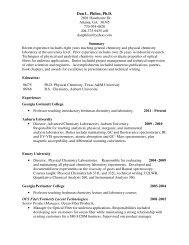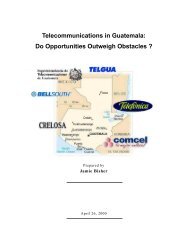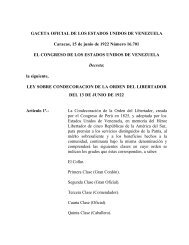A Critique of The German Ideology
A Critique of The German Ideology
A Critique of The German Ideology
Create successful ePaper yourself
Turn your PDF publications into a flip-book with our unique Google optimized e-Paper software.
individual member <strong>of</strong> them dependent for the satisfaction <strong>of</strong> their wants on the whole<br />
world, thus destroying the former natural exclusiveness <strong>of</strong> separate nations. It made<br />
natural science subservient to capital and took from the division <strong>of</strong> labour the last<br />
semblance <strong>of</strong> its natural character. It destroyed natural growth in general, as far as this is<br />
possible while labour exists, and resolved all natural relationships into money<br />
relationships. In the place <strong>of</strong> naturally grown towns it created the modern, large industrial<br />
cities which have sprung up overnight. Wherever it penetrated, it destroyed the crafts and<br />
all earlier stages <strong>of</strong> industry. It completed the victory <strong>of</strong> the commercial town over the<br />
countryside. [Its first premise] was the automatic system. [Its development] produced a<br />
mass <strong>of</strong> productive forces, for which private [property] became just as much a fetter as<br />
the guild had been for manufacture and the small, rural workshop for the developing<br />
craft. <strong>The</strong>se productive forces received under the system <strong>of</strong> private property a one-sided<br />
development only, and became for the majority destructive forces; moreover, a great<br />
multitude <strong>of</strong> such forces could find no application at all within this system. Generally<br />
speaking, big industry created everywhere the same relations between the classes <strong>of</strong><br />
society, and thus destroyed the peculiar individuality <strong>of</strong> the various nationalities. And<br />
finally, while the bourgeoisie <strong>of</strong> each nation still retained separate national interests, big<br />
industry created a class, which in all nations has the same interest and with which<br />
nationality is already dead; a class which is really rid <strong>of</strong> all the old world and at the same<br />
time stands pitted against it. Big industry makes for the worker not only the relation to<br />
the capitalist, but labour itself, unbearable.<br />
It is evident that big industry does not reach the same level <strong>of</strong> development in all districts<br />
<strong>of</strong> a country. This does not, however, retard the class movement <strong>of</strong> the proletariat,<br />
because the proletarians created by big industry assume leadership <strong>of</strong> this movement and<br />
carry the whole mass along with them, and because the workers excluded from big<br />
industry are placed by it in a still worse situation than the workers in big industry itself.<br />
<strong>The</strong> countries in which big industry is developed act in a similar manner upon the more<br />
or less non-industrial countries, ins<strong>of</strong>ar as the latter are swept by universal commerce into<br />
the universal competitive struggle. [4]<br />
<strong>The</strong>se different forms are just so many forms <strong>of</strong> the organisation <strong>of</strong> labour, and hence <strong>of</strong><br />
property. In each period a unification <strong>of</strong> the existing productive forces takes place,<br />
ins<strong>of</strong>ar as this has been rendered necessary by needs.<br />
<strong>The</strong> Relation <strong>of</strong> State and Law to Property<br />
<strong>The</strong> first form <strong>of</strong> property, in the ancient world as in the Middle Ages, is tribal property,<br />
determined with the Romans chiefly by war, with the <strong>German</strong>s by the rearing <strong>of</strong> cattle. In<br />
the case <strong>of</strong> the ancient peoples, since several tribes live together in one town, the tribal<br />
property appears as State property, and the right <strong>of</strong> the individual to it as mere


